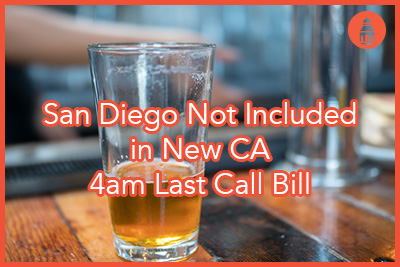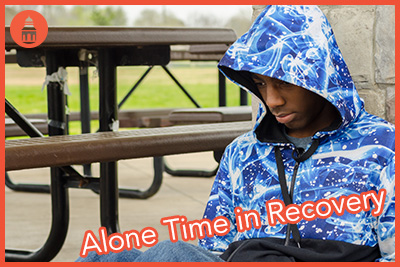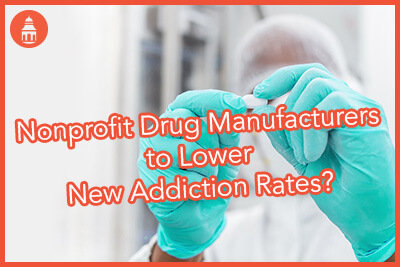
Too often, all people in the Hispanic community are lumped together as one group, especially when it comes to studies conducted in the United States. When habits and behaviors are tracked among populations, people are often grouped according to skin color as opposed to their country or culture of origin. All dark-skinned Americans are termed “African Americans,” a term that generally includes all dark-skinned Americans, even those whose families are not from Africa. Similarly, all brown-skinned Americans are usually termed “Hispanics,” no matter where their family is from or the culture that informs their day-to-day experience.
One recent study sought to remedy that issue by exploring the variance in alcohol use among different Hispanic communities. As expected, they found a great range of behaviors and habits when it comes to alcohol use among Hispanic Americans.
Dr. Raul Caetano, MD, MPH, PhD, is a senior research scientist at the Prevention Research Center of the Pacific Institute for Research and Evaluation. At the annual meeting for the Association for Medical Education and Research in Substance Abuse, he said: “In general, what you see is a higher level of drinking and binge drinking among Puerto Ricans and Mexican Americans, compared with Cuban-Americans and South/Central Americans. We were able to verify that increased drinking in this age group along the border was closely associated with attendance at bars. We saw increased drinking on the Mexican side of the border, where the legal drinking age is 18, but we also saw increased drinking at bars on the US side of the border.”
The Study
Findings of Dr. Caetano’s research included:
- Cuban Americans had the lowest rates of heavy drinking as compared to other groups.
- Mexican Americans between the ages of 18 and 29 who live at the border had higher rates of alcohol use issues as compared to the same group who lived away from the border.
- “Fiesta drinking” is a cultural behavior among Mexicans. They don’t drink frequently, but when they do drink, they drink heavily.
- Economic status and education levels as well as the reason for coming to the United States seem to play a role in the differences as well.
Dr. Caetano says that socioeconomic status is a determining factor as well: “Many
Cuban-Americans have a very different history of immigration from other Hispanic groups. Many of them were political refugees, with a higher socioeconomic status. They are very urban and largely located in Miami.”
Comparatively, many Mexican Americans who come to the United States have less education and financial resources, issues that impact their drinking choices.
Moving Forward
Dr. Caetano’s hope is that his research will help to better inform policy and community outreach efforts among different Hispanic communities in the United States. He suggests changes that include:
- Adjusting hours that alcohol sales are available based on cultural understanding of alcohol use
- Enforcing the legal drinking age everywhere
- Curbing drink specials at bars in areas where drinking is a problem for a specific group
- Creating more targeted prevention efforts and treatment options in different communities
In the future, Dr. Caetano will take a closer look at the difference in the drinking habits of Puerto Ricans who live on the island as compared to Puerto Ricans who moved to the mainland in the US and those who were born on the mainland. His early analyses indicate that heavy drinking is more common among Puerto Ricans born in the mainland as compared to those who live on the island or came from the island.
Says Dr. Caetano: “It’s a common immigrant story – those who are born in this country are at greater risk for a series of bad health-related outcomes, compared with immigrants who were born elsewhere and moved here.”
Understanding Why
There are a number of different issues that may inform the findings of Dr. Caetano’s research. Some of it is self-explanatory. In or near places where a lower drinking age is legal and where bars frequently offer “specials” such as two-for-one drinks or “women drink free” nights, more people of lower economic status – especially younger people – will drink more frequently and more heavily.
When it comes to the differences between immigrant behaviors and status versus the status of those who are born in the United States, there are a couple of different notions. One is that healthy people migrate to the United States or to the mainland and thus remain healthy. Another is that the people who migrate here are happier with the state of their lives and more grateful for each new thing they acquire, as compared to those who grow up here and are less satisfied due to higher expectation and thus drink more heavily to manage those emotions.
Ultimately, the why underlying the different alcohol use behaviors can help us to identify and even prevent unhealthy drinking habits in different population groups. It can also help to provide more directed treatment and outreach services. For example, in communities where discontent, due to difficulty moving up in economic status or other difficulties, can be addressed by providing job skills training, financial management groups, resume and career assistance, and groups focused on positive coping mechanisms.
The United States is a global melting pot, and the better we understand the cultures that create our country as well as the issues faced in day-to-day life, the better able we will be to ensure that everyone has the resources to thrive.



